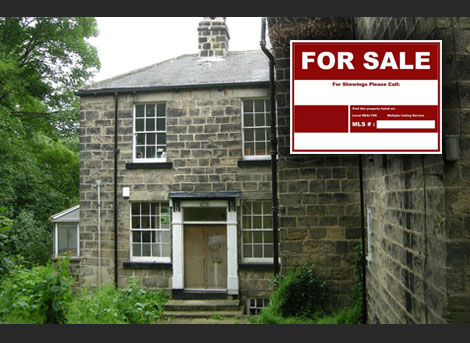Before you make an offer on a house that is derelict or in a poor state of repair you need quick, concise and accurate information.
- Are your plans feasible?
- Do you require planning permission?
- Are there structural implications?
- Do you need a planning consultant, architect, quantity surveyor or engineer?
- What kind of budget will you need?
- Does the property have added potential you haven’t spotted?
Yet we are all hesitant to fork out money on houses we may never own and there are legions of property professionals keen to charge hefty fees. VPR’s Pre-Purchase consultancy gives a concise affordable overview of the main issues facing a restoration project designer.

- 1
- 2
- 3
- 4
Property Potential Reports
After a detailed site inspection you will be sent a concise easy to understand Property Potential Report. A typical report:
- Outlines the planning considerations
- Summarise the buyer’s requirements and the property’s potential
- Evaluate the project feasibility
- Provide an indication of the scope of works and budget requirements.
Here are two sample reports. The first was prepared for a terrace house in Meanwood that had been subdivided into student rooms. The client’s intention was to knock it back into a family house. The second was prepared for a large stone detached house near to Roundhay Park. The house was divided into two flats and the client wanted a report on the feasibility of creating a third flat in the roof space
Case Study: Buying in Auction
Thorn Lodge, Roundhay, Leeds
Buying run down properties in auction has big advantages. It’s transparent; you see who you are bidding against, there is little scope for bluff and you never pay more than a thousand pounds over what the next bidder is prepared to pay.
Secondly, it’s quick. The Seller cannot mess you about and conveyancing is simple. A legal pack is generally available before the auction and once the hammer falls both sides are committed to complete within a tight timeframe.




